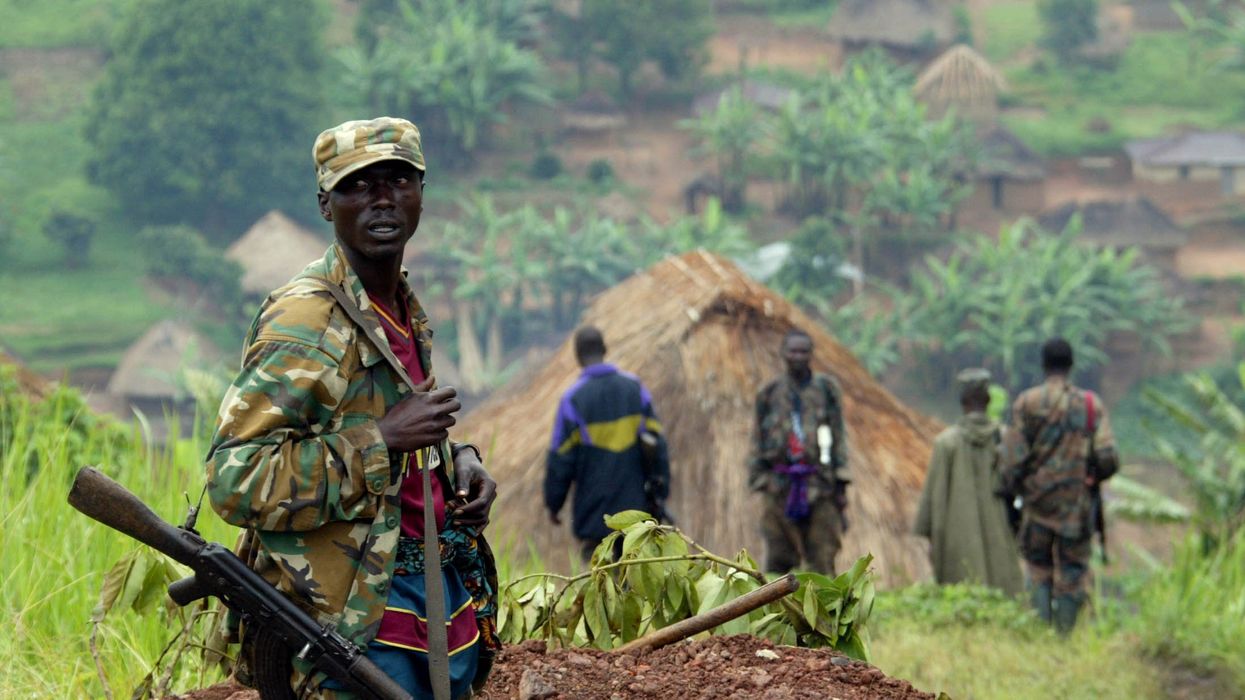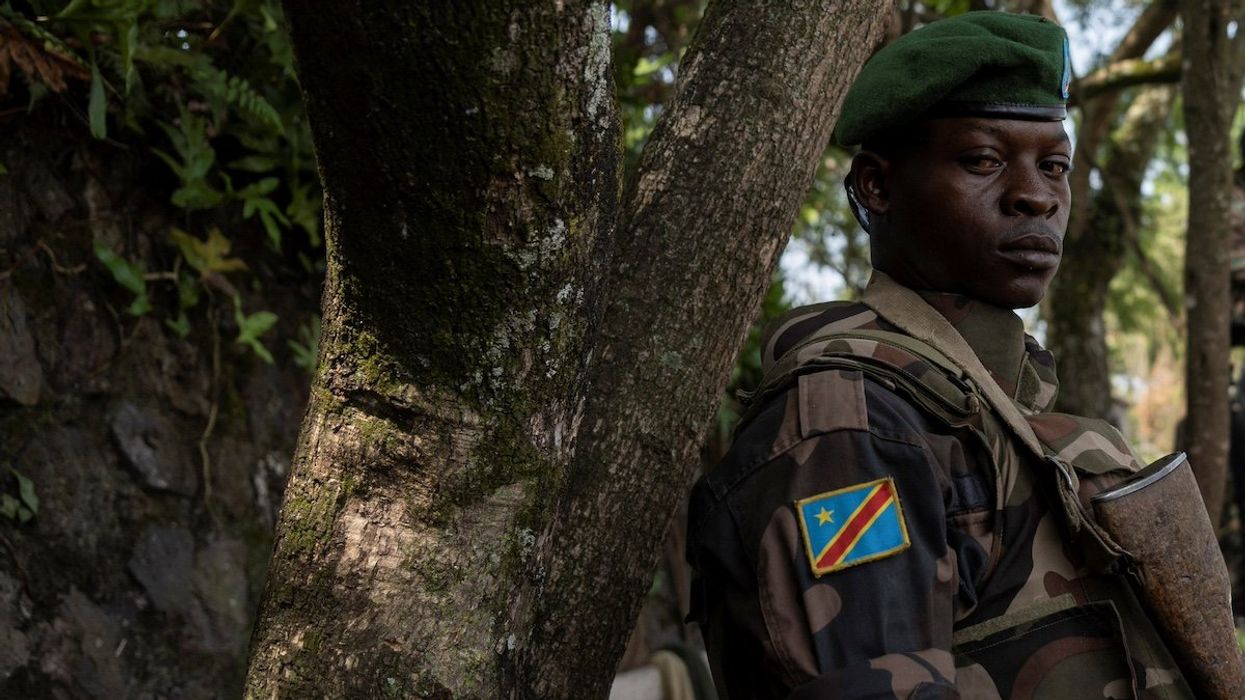What We're Watching
Humanitarian truce extended in Congo
A humanitarian truce in the eastern Democratic Republic of Congo between government troops and M23 rebels backed by neighboring Rwanda was extended by 15 days, to Aug. 3, but fighting in the area continues, and the prospect of a wider conflict looms.
Jul 18, 2024


